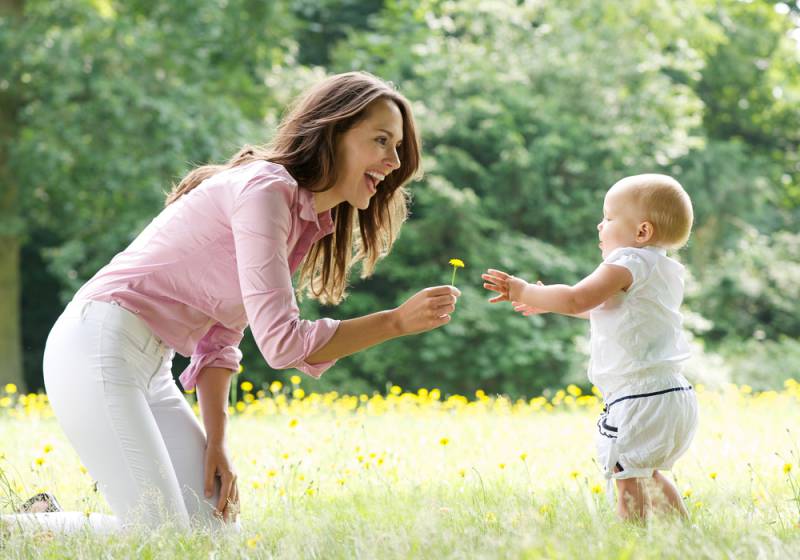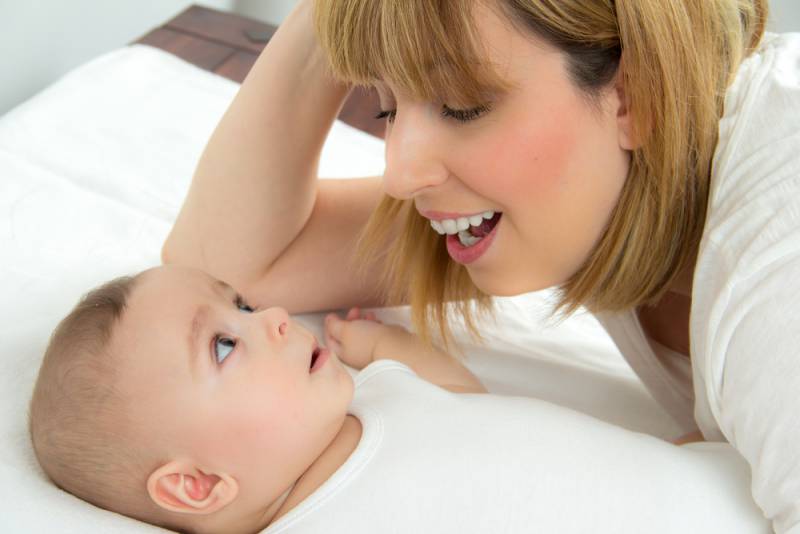How to help your baby learn to talk

Other babies that are the same age as your child may begin to make sweet sounds or begin to speak before your child. If that is the case, don’t worry because, at the end of the day, every baby is different; some infants may be very active and talkative, while others may barely make a peep.
However, there are certain milestones that are important when considering the speech of children. These and the approximate time they should be attained are elaborated below.
- Response to sounds — Children should respond to sounds always, starting at birth and thereafter.
- Babble – Children of six to nine months of age should, at the very least, be babbling.
- Calling their parents – By the time they are a year old (twelve months), children ought to be using “mama,” “dada,” or some variant thereof to address their parent(s).
- Using other small words – Around fifteen months of age, children should be using small words (other than “mama” or “dada”) to ask for and/or talk about things.
- Five words – At eighteen months, the child should be able to say at least five words.
- Fifty words – By the time they are two years old (twenty-four months), children ought to be able to say at least fifty words as well as attempt to put them together to make new meanings.
If, after considering the presented milestones, you are concerned about your child’s speaking abilities, consider the following methods that can aid babies in learning to speak.
#1 Address People by Their Names
Make sure to address everyone, including your baby, by their names. This would allow your baby to recognize others by their names and cause them to respond when their name is called. Additionally, it would allow them to learn how to say their own names and those of the people around them.

#2 Play with Your Baby
It is vital that you spend time with your baby. Play with them and talk to them as if you are truly having a conversation with them. For example, talk to them about the toys that they enjoy playing with or just tell them about your day. You will soon see that they are trying to respond to you by making sounds or even just with their expressions.

#3 Let Them See Their Environment
Take your baby on walks with you to the park, to the store, or just around the neighborhood. Talk to them about what is happening around them and what is around them.

#4 Read to Your Baby
Reading books to children has many benefits attached to it. One of the most important is that it allows babies to learn new sounds, words and sentences. Also, generally speaking, babies enjoy it when you read to them. Read more on reading books with your baby here.

#5 Sing to Your Baby
Singing to your child establishes a new method of communication between you and your child. Additionally, nursery rhymes catch children’s attention while they learn the meanings behind the rhymes and slowly try to make the sounds of the rhyme.
Helpful Tip(s)
Relax and do not worry. All babies develop and learn to speak at different rates.
Try to introduce a few new words on one day and focus on them for three to four days before introducing any new words.
Baby Developmental Milestones
Learning: Head & Neck Control
Learning: to Roll Over
Learning: to Sit
Learning: to crawl
Learning: to walk
How your baby’s eyesight develops
How your baby’s hearing develops
How your baby’s brain develop
Help your baby learn to talk


